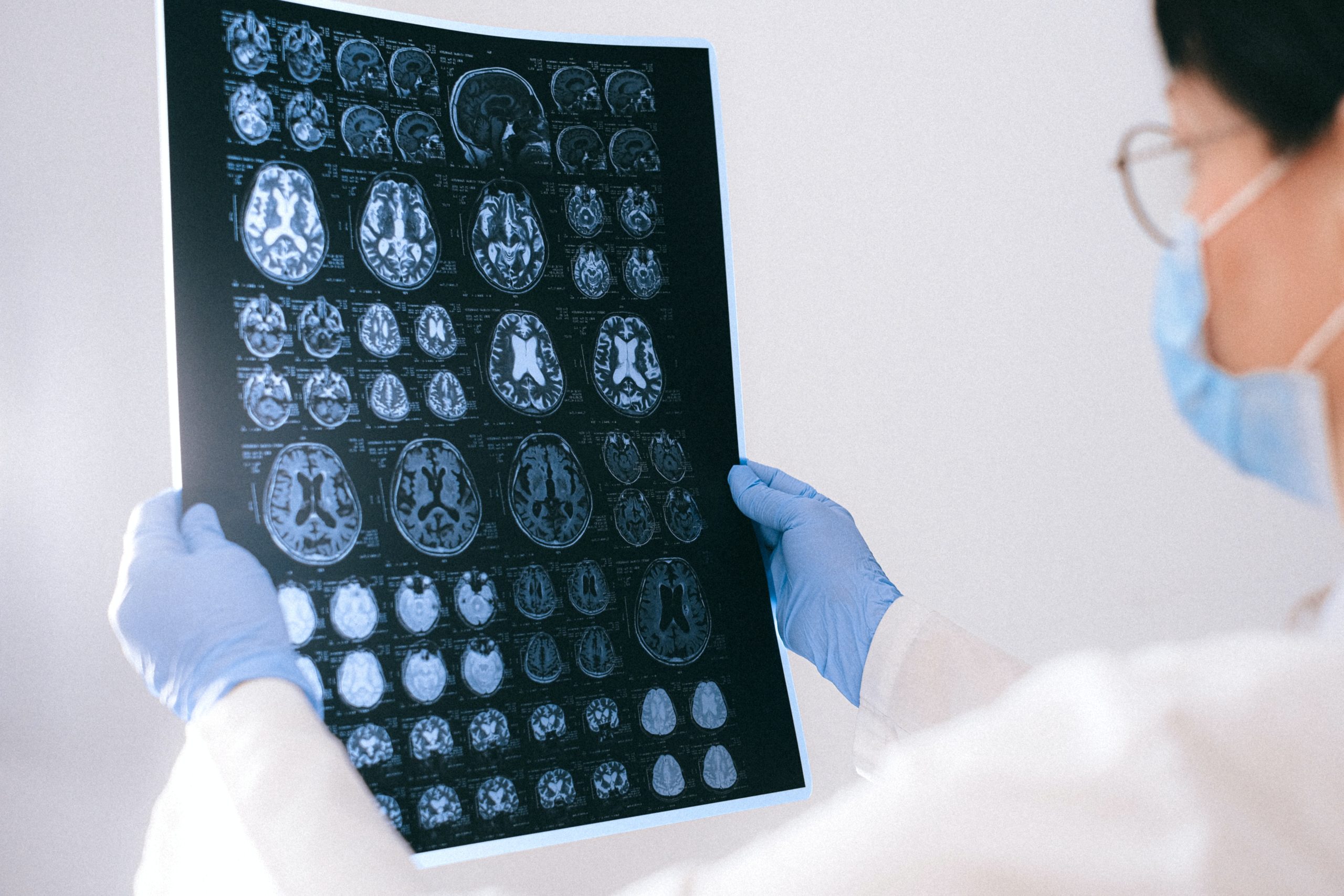We’ve discussed Traumatic Brain Injury in one of our articles. But here, let’s talk furthermore about the 10 complications that arise from TBI.
What is TBI?
A small recap about TBI.
Traumatic Brain Injury (TBI) is an injury to the brain caused by external physical forces such as blows, jolts, or bumps to the head or penetrating injuries. TBI can range in severity from mild to severe and lead to physical, cognitive, and emotional symptoms; they may appear immediately after being injured or develop over time. Common causes of TBI include falls, car accidents, sports injuries, and violence. Since TBI is a serious medical condition requiring prompt attention and ongoing management in order to minimize its long-term effects.
10 Complications that can Arise
Cognitive Impairments: TBI can cause difficulties in memory, attention, concentration, and executive functioning.
Physical Disabilities: TBI can result in partial or total paralysis, weakness, spasticity, and loss of coordination.
Sensory Loss: TBI can lead to vision loss, hearing loss, and loss of sense of smell or taste.
Speech and Language Impairments: TBI can cause difficulty in speech and language including dysarthria, apraxia, and aphasia.
Seizures: TBI can increase the likelihood of seizures, which can be short-term or long-term complications.
Behavioral and Emotional Changes: TBI can cause depression, anxiety, irritability, aggression, and other behavioral and emotional changes.
Sleep Disorders: TBI can result in sleep disorders, including insomnia, hypersomnia, and circadian rhythm disorders.
Chronic Pain: TBI can cause chronic pain, especially headaches and neck pain.
Substance Abuse: TBI increases the likelihood of substance abuse as a coping mechanism.
Reduced Quality of Life: TBI can lead to a reduced quality of life, including social isolation, unemployment, and financial difficulties.
TBI in Personal Injury Case
In a personal injury case, Traumatic Brain Injury (TBI) can be an important factor in assessing damages and compensation. When someone suffers a TBI due to someone else’s negligence or intentional actions, they may be eligible for financial compensation for their injuries and losses.
To establish a TBI claim, the plaintiff must demonstrate that the defendant’s actions caused their injury and resulted in damages. This may require providing medical evidence such as CT scans, MRIs, or neuropsychological testing to demonstrate the extent of damage and its effect on daily activities, work, or relationships.
Furthermore, testimony from medical experts, family members, or coworkers may be needed to demonstrate how this injury has impacted daily activities, work productivity, and relationships.
Damages in a TBI case may include medical expenses, lost wages, pain, and suffering, as well as the inability to enjoy life fully. Compensation may also cover ongoing rehabilitation, therapy, and medication costs.
If you need help navigating the legal system, it’s important to seek assistance first from a personal injury lawyer.
Darfoor Law Firm is here to help you and guide you with the best course of action.
Accidents can be tough to deal with and you need someone who will understand, sympathize, and fight for you.
Call us at +1-833-DARFOOR for a free consultation and case evaluation





